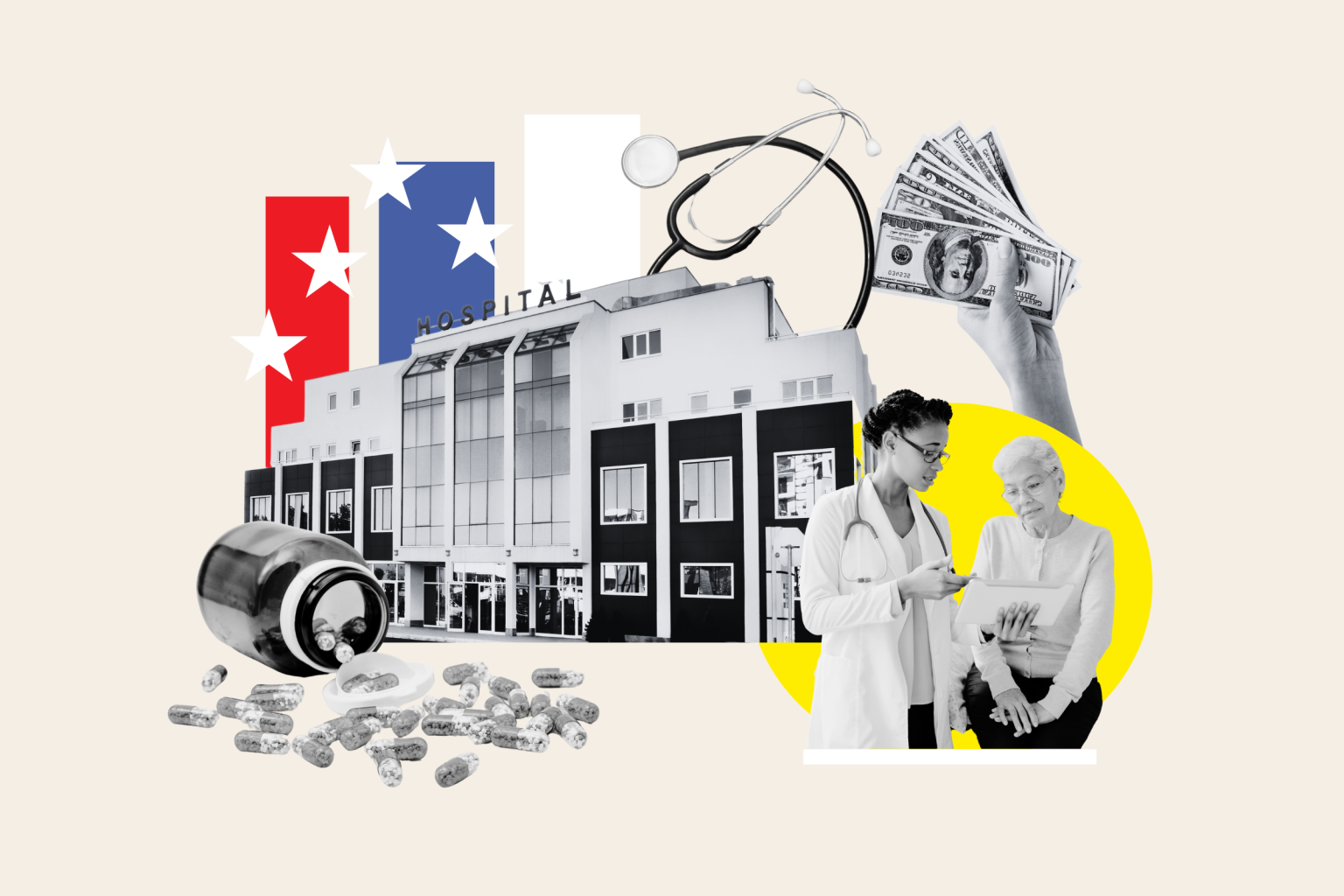Americans’ Shared Health Priorities: Bridging Political Divides in Healthcare
The American public echoes a resounding call for improved healthcare access and affordability, transcending political affiliations and resonating across the nation. A recent Gallup survey, conducted in collaboration with Emory University’s Rollins School of Public Health, reveals that this concern reigns supreme among a diverse range of public health priorities. A quarter of respondents placed access and affordability at the very top of their list, with over half including it within their top three. This shared concern underscores a potent public mandate for government action, providing a crucial backdrop against the complexities of a politically charged healthcare landscape. The survey further highlights shared priorities such as ensuring safe food and water, reducing the burden of chronic diseases, and bolstering safety net programs – all reflecting a collective desire for a healthier and more secure future.
Navigating the Political Landscape of Healthcare Reform
The survey’s findings emerge in the aftermath of a contentious presidential election, adding a layer of complexity to the already intricate dialogue surrounding healthcare. The nomination and subsequent confirmation of Robert F. Kennedy Jr. as the head of the Department of Health and Human Services (HHS) underscores the significance of health policy within the current political climate. While the campaign slogan "Make America Healthy Again" resonated with voters, the survey reveals a deeper consensus across the political spectrum. Both Democrats and Republicans acknowledge the importance of improving healthcare access and affordability, as well as ensuring food and water safety, suggesting that these issues transcend partisan divides and offer a potential platform for bipartisan collaboration.
Translating Shared Concerns into Actionable Policies
While the consensus on priorities is reassuring, the challenge lies in translating these broad concerns into tangible policies and initiatives. The question of how to operationalize access, affordability, and equitable healthcare delivery remains complex, requiring a nuanced approach to navigate the diverse interests of stakeholders. The majority of respondents, across political affiliations, believe that the federal government is better positioned to address these concerns compared to state governments. However, national-level public health efforts face inherent obstacles, including the difficulty of reconciling the perspectives of diverse stakeholders such as public and private payers and pharmacy benefit managers. The healthcare system’s complexity often necessitates an incremental approach to reform, hindering rapid and substantial change.
Trust and Information in the Digital Age: Navigating Healthcare Resources
Despite the challenges posed by misinformation in the digital era, the survey reveals that Americans overwhelmingly place their trust in expert sources when seeking public health information. Healthcare providers, scientific research, and the Centers for Disease Control and Prevention (CDC) are identified as the most trusted sources, significantly outweighing social media influencers or political figures. However, a political divide emerges regarding the CDC, with significantly fewer Republicans considering it a primary source of information compared to Democrats. This divide underscores the need for communication strategies that address the varying levels of trust in different information sources.
Addressing Areas of Public Health Concern: Opportunities for Improvement
The survey reveals areas where Americans perceive declining progress, particularly in addressing the opioid epidemic and mental health challenges. These concerns are reflected in their priorities, with both issues ranking among the top three concerns for a significant portion of respondents. Additionally, there is widespread pessimism about the nation’s food and exercise habits, further highlighting areas where the healthcare system could focus its efforts. These areas of concern present opportunities for the healthcare sector to regain public trust and demonstrate tangible improvements.
Leveraging Trust and Communication: A Path Forward for Healthcare
The strong trust Americans place in their healthcare providers presents a unique opportunity to disseminate critical public health information. By utilizing healthcare visits as platforms for both personal and public health communication, providers can play a vital role in educating and empowering patients. However, time constraints pose a significant barrier for physicians. Healthcare organizations can play a crucial role in addressing this challenge by creating space and resources for effective patient communication, providing easily accessible public health information, and empowering clinicians to serve as trusted sources of information within their communities. This collaborative approach can enhance the effectiveness of public health initiatives and contribute to a healthier and more informed public.













